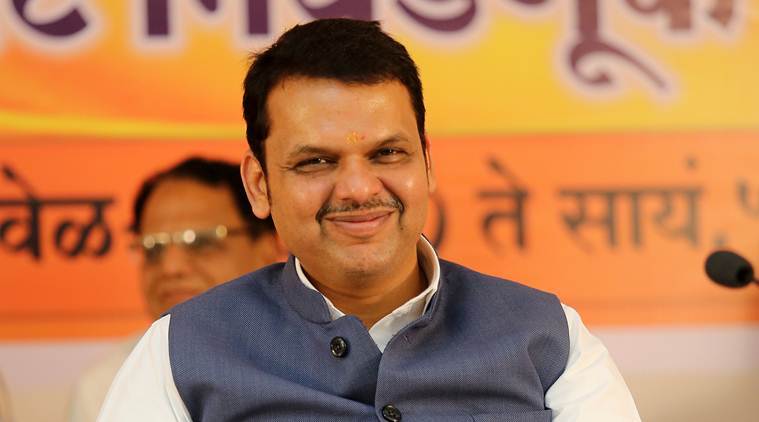The National Capital Territory of Delhi got its first metro line almost two decades back in 2002. Today, the national capital has a robust infrastructure, with metro stations in almost every corner of the city. But on the other hand, Mumbai, the economic capital of the country, with a larger population and per capita income, had to wait till 2014 for the first metro line. So far, the city has only one operational line with 10.8 km of operational length while Delhi has 372 km of operational network.
The infrastructural needs of Mumbai are far reaching, compared to that of Delhi. The financial capital of India accounts for 2.5 percent of the country’s GDP, 30 percent of Income Tax collections, 20 percent of excise collections, 60 percent of custom duties, and 40,000 crore rupees of corporate tax collections in the Indian economy. Despite contributing such huge amount of taxes and housing the country’s most important financial institutions, Mumbai never got its fair share in the budgeted expenditure from the government. Congress party ruled the state of Maharashtra for most of the time since independence and the Congress leaders were more interested in distributing sops in Pune region as it was their political base while ignoring Mumbai.
The mindset of Congress leaders to favour people of its own belt did cost a huge loss to Mumbai and the country as a whole. Majority of the state’s collection of taxes had been diverted to Pune region while Mumbai had to sustain on its own. The public investment in infrastructural needs of Mumbai is negligible in comparison to its requirements. The ‘local trains’ which are considered lifeline of the city carry three times more passengers than their capacity. The sewage system and roads in northern Mumbai are as pathetic as any tier III city of the country.
But the city got its saviour- Devendra Fadnavis in 2014. Since the BJP government came to power at the centre and in the state, public investment in infrastructure has witnessed a boost and projects were fast-tracked. In FY 19, Mumbai Metropolitan Region (MMR) received its highest ever budget with allotment of 16,909 crore rupees urban agglomerate. This was fourfold more than 3,830 crore rupees allotted in 2015-16 and 39 percent higher compared allotment in FY 19.
The Fadnavis government aims to connect satellite towns Greater Mumbai, Thane, Kalyan-Dombivali, Navi Mumbai, Ulhasnagar, Bhiwandi-Nizamapur, Vasai-Virar and Mira-Bhayandar with world class infrastructure.
The most promising project aimed at changing the face of the city is Mumbai Metro. The Congress-NCP government had started the project back in 2004 and planned to build 146 km metro network in the city by 2021. However, after the inefficient execution of Line 1 of Mumbai Metro, which suffered inordinate delays, the whole project was put on hold. The Fadnavis government not only restarted the project but also expanded the pan of the network to 276 Km. Two lines of the Mumbai Metro network are expected to complete by July 2020, third by 2021 and the fourth by 2022.
Mumbai Trans Harbour Link (MTHL), a 21.8 km Freeway Bridge to connect Mumbai and Navi Mumbai is another big-ticket infrastructure project which has the capacity to change the face of the city. The project was envisioned in the early 1970s but was approved only in 1996 by the BJP-Shiv Sena alliance government. However, the next Congress-NCP government could not make any progress on the project in the following one and a half decade. After the Fadnavis government came to power, the fast-tracking of the project began, the loan agreement was finalized with Japan International Cooperation Agency in 2016 and environmental clearances were awarded in 2017 and the work began in 2018. The project is expected to be completed by 2023.
Fadnavis- one of the youngest politicians in the country, represents the aspirations of young India. He is perhaps the only politician in the country who is seeking re-election in upcoming assembly election in the name of economic reforms and infrastructure projects rather than offering freebies, which are considered the best way to win elections, as displayed by successive Congress governments since decades.
Chief Minister Devendra Fadnavis led Maharashtra has been at the forefront of infrastructure development in last few years. He is the face of new economics in India focuses on growth and production rather than just distribution. Cutting-edge industries and state of art infrastructure is part of the vikaas oriented government of Maharashtra led by CM Devendra Fadnavis.
